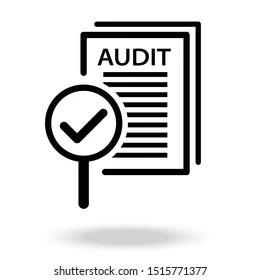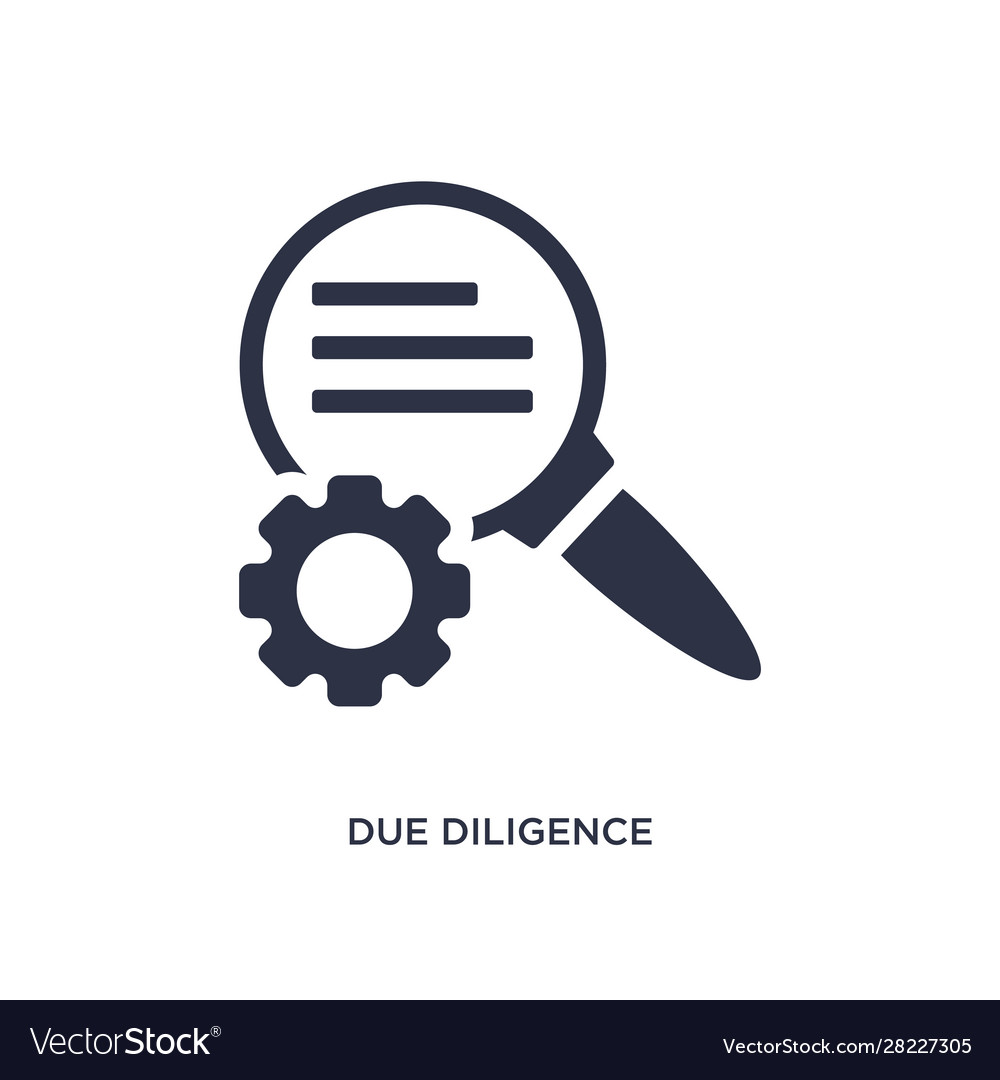Maximizing Your Financial Potential
Transforming Financial Complexity into Clarity and Confidence.
Our firm provides comprehensive chartered accountancy services, specializing in areas such as accounting, finance, business incorporation, due diligence, income tax, GST, and audit & assurance. With a focus on personalized support and accurate, reliable solutions, we help businesses navigate complex financial regulations while ensuring compliance and growth. Our commitment is to deliver expert guidance with integrity and transparency, tailored to meet the unique needs of each client.
About Us
Expertise, Integrity, and Client-centric innovation Firm
At M Sakaria & Co., we are more than just chartered accountants — we are your strategic financial partners, committed to helping you navigate the complexities of modern business with precision and confidence. Established with the goal of delivering exceptional financial services, we specialize in providing comprehensive due diligence, audit, taxation, and advisory services to businesses of all sizes.
Our team of seasoned professionals brings a wealth of expertise and industry insights, ensuring that we deliver tailor-made solutions that align with your unique financial goals. We believe in a proactive approach, combining technical accuracy with deep industry understanding, to help you make informed decisions, optimize operations, and drive growth.
Reliability & Consistency
- Dependability: Clients should be able to rely on the firm to consistently deliver high-quality services, whether during routine audits or critical financial restructuring.
- Consistency in Standards: Ensuring the same level of excellence across all engagements reflects the firm’s commitment to quality.
Best Core Members
At M Sakaria & Co., our strength lies in the diverse expertise of our core team. Member brings unique skills, deep industry knowledge, and a shared commitment to delivering excellence in every aspect of financial services.

5+
Years Of Experience
130+
Clients
548+
Project Handled
15+
Expertise
Our Services
At M Sakaria & Co., we provide an extensive array of financial and advisory services, meticulously crafted to meet the unique needs of our diverse clientele. Our expertise spans across multiple disciplines, ensuring that your business receives the most comprehensive, strategic, and insightful guidance available.

Assurance & Audit Services
Our audit and assurance services are designed to provide unparalleled transparency and reliability. Through rigorous examination and analysis, we offer clients clarity in their financial reporting, ensuring compliance with the highest regulatory standards.

Taxation Advisory & Planning
We offer sophisticated tax advisory services, encompassing both direct and indirect taxation. Our expert team ensures that your business is fully compliant with current tax regulations while optimizing your tax liabilities through innovative tax planning strategies.

Financial Due Diligence & Risk Management
As trusted partners in financial due diligence, we provide in-depth evaluations for mergers, acquisitions, and investments, helping you make informed decisions.

Corporate Advisory & Strategic Consulting
We offer comprehensive corporate advisory services that go beyond traditional financial advice. Our team provides strategic consulting on business restructuring, corporate governance, and financial strategy development, empowering your organization to navigate complex challenges, streamline operations, and achieve long-term success..

Regulatory Compliance & Corporate Governance
In today’s dynamic regulatory environment, our firm ensures that your business remains compliant with all legal requirements. We provide advisory services on corporate governance, helping you maintain the highest standards of ethical business practices, risk management, and internal controls.

Company Law Matters
Our firm specializes in company law matters, providing expert guidance on compliance, corporate governance, and legal structures. We help businesses navigate legal complexities, ensuring informed decision-making and peace of mind in their operations.With a focus on tailored solutions, we empower businesses to operate confidently within the legal framework, safeguarding their interests and facilitating growth.
SECTORS
Our firm serves a diverse range of sectors, including finance, technology, manufacturing, healthcare, and retail, providing tailored solutions to meet their unique challenges.


Tourism

Automobiles

Vessels and Marine Tech.

Engineering and Infrastructure

FMCG, Medicines & Pharmaceuticals

Gov. Agencies, NGO and Conglomerates

Banking and Microfinance

Internet and Advertising
Latest Blogs & Updates
Stay informed with our latest blogs and updates, where we share valuable insights and expert analysis on accounting, tax regulations, and industry trends to help your business thrive.
FAQs
If you receive a tax notice from the government, here’s what you should do:
Read the Notice Carefully: Understand the reason for the notice. It may relate to a specific issue, such as unpaid taxes, discrepancies, or requests for additional information.
Check the Details: Verify that the information in the notice is accurate, including your name, tax identification number, and the tax year in question.
Gather Documentation: Collect any relevant documents that pertain to the issue raised in the notice. This may include tax returns, supporting documents, and previous correspondence with the tax authority.
Respond Promptly: Pay attention to any deadlines mentioned in the notice. Respond promptly to avoid further penalties or interest charges.
Contact the Tax Authority: If you need clarification or have questions, don’t hesitate to contact the tax authority directly. Be prepared to provide them with any necessary information.
Consult a Tax Professional: If the notice involves complex issues or significant amounts, consider consulting with a tax professional who can guide you through the process and help you formulate a response.
Resolve the Issue: Depending on the nature of the notice, you may need to provide additional documentation, pay a balance due, or correct any errors in your filing.
Keep Records: Maintain a record of all communications and documents related to the notice, as this will be helpful in case of further inquiries.
By addressing the notice promptly and thoroughly, you can effectively resolve any issues and avoid potential complications with your tax situation.
Minimizing tax liabilities involves strategic planning and understanding available options. Here are several effective strategies:
Take Advantage of Deductions: Identify and claim all eligible deductions, such as business expenses, home office deductions, and costs related to employee benefits.
Utilize Tax Credits: Look for available tax credits that can directly reduce your tax bill, such as credits for research and development, energy efficiency, and employee training.
Contribute to Retirement Accounts: Contributions to retirement plans like a 401(k) or IRA can reduce taxable income. Explore options for self-employed retirement plans as well.
Implement Tax Loss Harvesting: If you have investments, consider selling underperforming assets to offset gains and reduce overall taxable income.
Optimize Your Business Structure: Choosing the right business structure (LLC, S-Corp, etc.) can affect your tax obligations. Consult with a tax professional to determine the most beneficial structure for your situation.
Defer Income: If possible, defer income to the next tax year, particularly if you expect to be in a lower tax bracket.
Stay Informed About Tax Law Changes: Regularly update your knowledge on changes in tax laws and regulations, as they can provide new opportunities for savings.
Keep Accurate Records: Maintain thorough and organized records of all transactions, as this can help identify deductible expenses and support claims if audited.
Work with a Tax Professional: Collaborating with a qualified accountant or tax advisor can provide personalized strategies tailored to your specific financial situation.
By implementing these strategies and staying proactive, you can effectively minimize your tax liabilities and optimize your financial situation.
It’s advisable to review your financial statements at least quarterly. This regular review helps you:
Track Performance: Quarterly reviews allow you to monitor your business’s financial health and performance against budgets and forecasts.
Identify Trends: Regular analysis helps you identify trends in revenue, expenses, and cash flow, enabling you to make informed decisions.
Make Timely Adjustments: If you notice any discrepancies or unexpected results, you can take corrective actions sooner rather than waiting until year-end.
Prepare for Tax Season: Reviewing your financial statements quarterly ensures you’re on track for tax compliance and can help streamline your tax preparation process.
Inform Stakeholders: If you have partners or investors, providing them with quarterly updates can help maintain transparency and trust.
For smaller businesses or startups, monthly reviews may be beneficial to stay on top of finances and quickly address any issues that arise. Overall, the more frequently you review your financial statements, the better equipped you’ll be to manage your business effectively.
For tax purposes, it’s essential to keep accurate and organized records to support your income and deductions. Here’s a list of key records you should maintain:
Income Records:
- W-2 forms (wage statements) from employers
- 1099 forms for freelance or contract work
- Bank statements showing interest earned
- Any other documents showing income received
Expense Receipts:
- Receipts for business-related purchases, including supplies, inventory, and equipment
- Travel and meal receipts for business trips
- Utilities and rent for business premises
- Payroll records for employees
Financial Statements:
- Profit and loss statements
- Balance sheets
- Cash flow statements
Tax Documents:
- Previous years’ tax returns and supporting documents
- Correspondence from the IRS or other tax authorities
Asset Records:
- Documentation for property and equipment purchases (including depreciation schedules)
- Records of any sales or disposals of assets
Business Registration and Licenses:
- Articles of incorporation or organization
- Business licenses and permits
Miscellaneous Records:
- Contracts and agreements related to business operations
- Records of any loans or lines of credit
- Documentation for any deductions claimed, such as charitable contributions
Duration for Keeping Records
Generally, it’s recommended to keep tax records for at least three to seven years, depending on the complexity of your business and specific circumstances. Keeping these records organized will make tax preparation easier and help in case of an audit or inquiry by tax authorities.
Due diligence refers to the comprehensive investigation and analysis conducted before entering into a business transaction, such as a merger, acquisition, or investment. This process involves evaluating the financial, legal, operational, and strategic aspects of a business to uncover any potential risks or liabilities. Due diligence typically includes reviewing financial statements, contracts, regulatory compliance, market conditions, and other critical information that can impact the transaction.
Why is Due Diligence Important?
Risk Mitigation: By identifying potential issues early on, due diligence helps mitigate risks associated with the transaction. This can prevent costly surprises and protect your investment.
Informed Decision-Making: Conducting thorough due diligence provides insights into the true value of the target company, allowing stakeholders to make informed decisions about proceeding with the transaction or negotiating terms.
Regulatory Compliance: Ensuring that the target company complies with all relevant laws and regulations is crucial to avoid legal liabilities and penalties post-transaction.
Valuation Accuracy: Due diligence helps determine a fair valuation for the target business by analyzing financial health and growth potential, ensuring that you don’t overpay.
Building Trust: A thorough due diligence process fosters trust between parties by demonstrating transparency and a commitment to understanding the business landscape.
In summary, due diligence is a critical step in any significant business transaction, helping to ensure that decisions are based on comprehensive and accurate information.
The process for filing taxes generally involves several key steps:
Gather Documentation: Collect all necessary financial records, including income statements, receipts, bank statements, and any relevant tax forms (e.g., W-2s, 1099s).
Choose the Right Tax Forms: Depending on your business structure (sole proprietorship, partnership, corporation), select the appropriate tax forms to file.
Calculate Income and Deductions: Determine your total income and identify eligible deductions to minimize your taxable income. This may include expenses related to business operations, salaries, and benefits.
Complete Tax Forms: Fill out the tax forms accurately, ensuring that all information is complete and correct.
Review for Accuracy: Double-check all calculations and information to avoid mistakes that could lead to delays or audits.
File Your Taxes: Submit your completed tax forms to the appropriate tax authority (federal and/or state). This can often be done electronically or via mail.
Make Payments: If you owe taxes, ensure payment is made by the due date to avoid penalties and interest.
Important Deadlines:
- Individual Tax Returns (Form 1040): Typically due by April 15. If you need more time, you can file for an extension, but taxes owed are still due by the original deadline.
- Corporate Tax Returns (Form 1120): Generally due by the 15th day of the fourth month after the end of your fiscal year (April 15 for calendar year corporations).
- Partnership Tax Returns (Form 1065): Due by the 15th day of the third month after the end of the fiscal year (March 15 for calendar year partnerships).
- Estimated Tax Payments: If applicable, quarterly payments are generally due on April 15, June 15, September 15, and January 15 of the following year.
These deadlines can vary, so it’s important to stay informed about any changes in tax law or filing requirements. Consulting with a tax professional can also ensure you meet all obligations accurately and on time.



